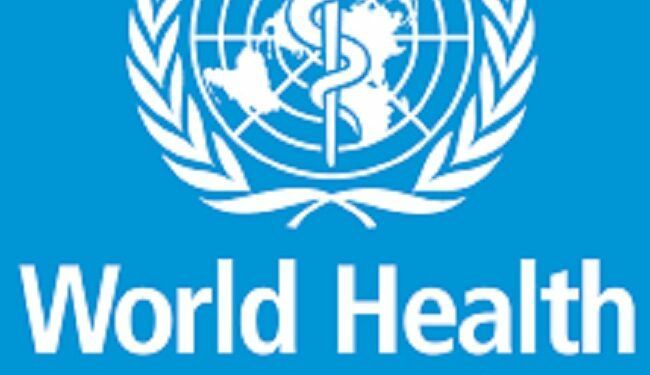Nigeria Sees 55% Decrease in Malaria Death Rate, According to WHO

Nigeria Sees 55% Decrease in Malaria Death Rate, According to WHO
By Ologun Ayonitemi
The WHO has praised the Nigerian government for its effective measures in reducing malaria cases and deaths.
The WHO highlighted that from 2000 to 2021, Nigeria witnessed a 26% reduction in malaria cases and a significant 55% decrease in malaria-related deaths.
Dr. Matshidiso Moeti, the WHO Regional Director for Africa, praised the Nigerian government’s efforts during the launch of ‘The Report on Malaria in Nigeria 2022.’ This report is the first-ever subnational malaria report and marks a significant milestone in addressing the issue.
Even though Nigeria has a significant share of about 27% in global malaria cases, the WHO official praised the country’s impressive advancements in tackling the disease.
He also mentioned that the main reasons for the ongoing disease burden in Nigeria are the country’s large population, which makes it difficult to scale up interventions, and the sub optimal surveillance systems that only capture less than 40% of the malaria data.
Moeti also highlighted other factors impeding the progress of malaria eradication, such as insufficient funding to implement comprehensive interventions in all states, and the preference for private sector healthcare with limited regulation, affecting health-seeking behavior.
“While Nigeria accounts for around 27 per cent of the global burden of malaria cases, the country has seen major progress. Malaria incidence has fallen by 26 per cent since 2000 – from 413 per 1,000 to 302 per 1,000 in 2021. Malaria deaths also fell by 55 per cent, from 2.1 per 1,000 population to 0.9 per 1,000 population” She said
“Further, learning from COVID-19, we know that continuity of provision of essential health services is critical to interventions in malaria and other diseases, particularly in populations affected by humanitarian emergencies; and changing environmental factors, such as climate change, and farming and mining practices that may increase transmission”
“Addressing the prevention, elimination, and control of malaria and the burden from other diseases requires critical data and information gathering for evidence-based investment and decision-making.”
Prof. Muhammad Pate, the Coordinating Minister of Health and Social Welfare, emphasized that the primary obstacle in the country’s battle against malaria is governance, not finances.
The minister expressed his team’s commitment to addressing this issue by collaborating with development partners and the private sector to secure the necessary resources to combat this menace.





